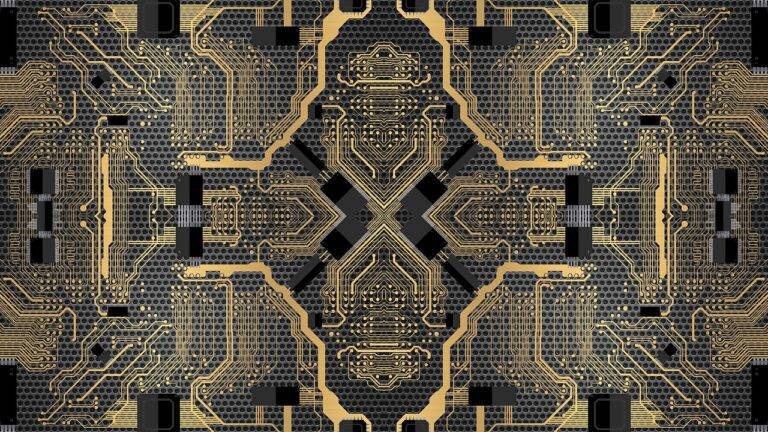The Future of Quantum Internet: Secure and High-Speed Connectivity
Quantum internet is a cutting-edge network that harnesses the principles of quantum mechanics to enable secure communication and information processing. Traditional networks transmit data through bits represented as either 0s or 1s. In contrast, quantum internet utilizes qubits, which can exist in multiple states simultaneously due to superposition. This unique property allows for the transfer of more information efficiently and securely.
One of the key components of quantum internet is quantum entanglement, where two particles become interconnected and share information instantaneously regardless of the distance between them. This phenomenon enables the encryption of data in a way that is practically unhackable, ensuring robust security measures for sensitive information exchange. By leveraging the principles of quantum superposition and entanglement, quantum internet represents a promising frontier in communication technology with the potential to revolutionize the way we transmit and process data.
Advantages of Quantum Internet Over Traditional Networks
Quantum internet offers unparalleled advantages over traditional networks due to its ability to guarantee secure communication through quantum key distribution. This protocol enables users to transmit data in a way that any eavesdropping attempts would disrupt the quantum state, immediately alerting the communicating parties to potential security breaches. This level of security is unattainable through conventional encryption methods used in traditional networks.
Furthermore, quantum internet has the potential to revolutionize tasks such as data transfer and computation through quantum teleportation. This process allows quantum information to be transferred from one location to another without physically traveling through the space in between. As a result, quantum internet promises incredibly high speeds for data transmission and processing, far surpassing the capabilities of classical networks.
Challenges in Developing a Quantum Internet
The development of a quantum internet faces numerous obstacles that require innovative solutions. One of the major challenges lies in the delicate nature of quantum information, which is extremely sensitive to environmental disturbances. Maintaining the integrity of quantum states over long distances and in noisy environments is a formidable task that researchers are actively working to address.
Another significant hurdle is the scalability of quantum networks. While quantum computers excel at handling complex calculations, expanding these capabilities to create a global quantum internet presents logistical challenges. Coordinating the synchronization of quantum nodes on a large scale without sacrificing performance is a complex engineering problem that requires precise coordination and advanced technology.
What is a Quantum Internet?
A Quantum Internet is a network that uses quantum communication protocols to securely transmit information using quantum bits (qubits) instead of classical bits.
How does a Quantum Internet work?
Quantum Internet utilizes quantum entanglement and superposition to enable secure and efficient communication between nodes. Qubits can exist in multiple states simultaneously, allowing for faster and more secure data transmission.
What are the advantages of Quantum Internet over traditional networks?
Quantum Internet offers enhanced security through quantum key distribution, faster data transmission speeds, and the ability to perform tasks such as quantum teleportation and quantum cryptography.
What are some of the challenges in developing a Quantum Internet?
Some of the challenges in developing a Quantum Internet include overcoming issues related to quantum decoherence, building reliable quantum repeaters for long-distance communication, and integrating quantum technologies with existing infrastructure.
How can quantum decoherence impact the development of a Quantum Internet?
Quantum decoherence refers to the loss of quantum coherence in qubits, which can cause errors in quantum communication. Overcoming decoherence is crucial for the successful implementation of a Quantum Internet.
What role do quantum repeaters play in the development of a Quantum Internet?
Quantum repeaters are essential for extending the range of quantum communication over long distances. These devices help to maintain the integrity of qubits over extended networks, enabling reliable quantum communication.
How can existing infrastructure be integrated with quantum technologies to establish a Quantum Internet?
Integrating quantum technologies with existing infrastructure involves developing compatible protocols and hardware to facilitate the seamless transition to a Quantum Internet. Collaboration between quantum researchers and network engineers is essential for successful integration.





